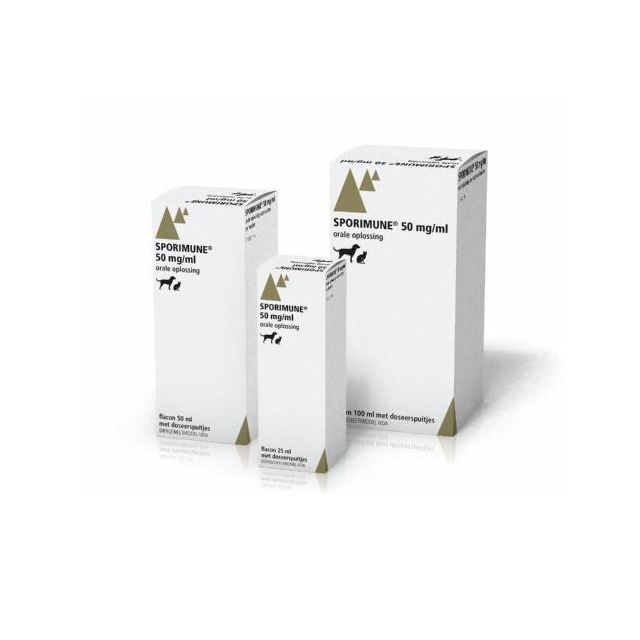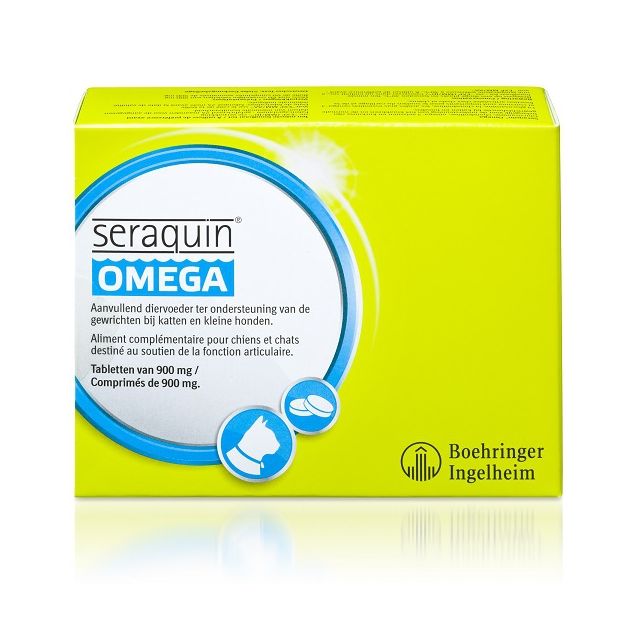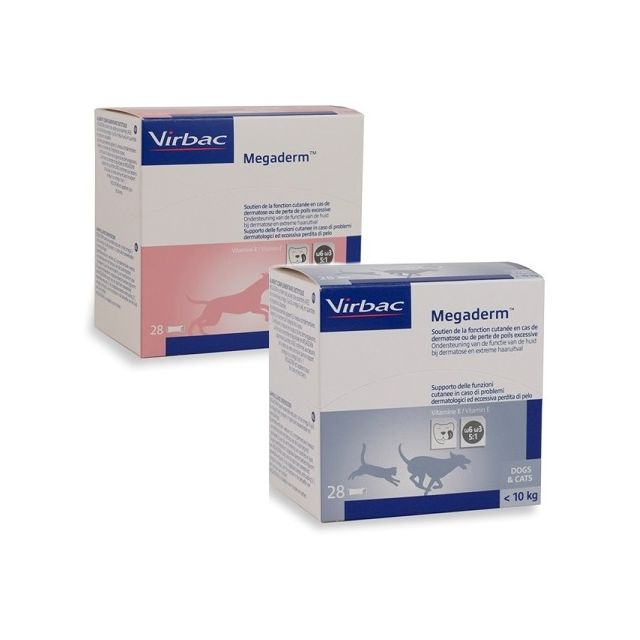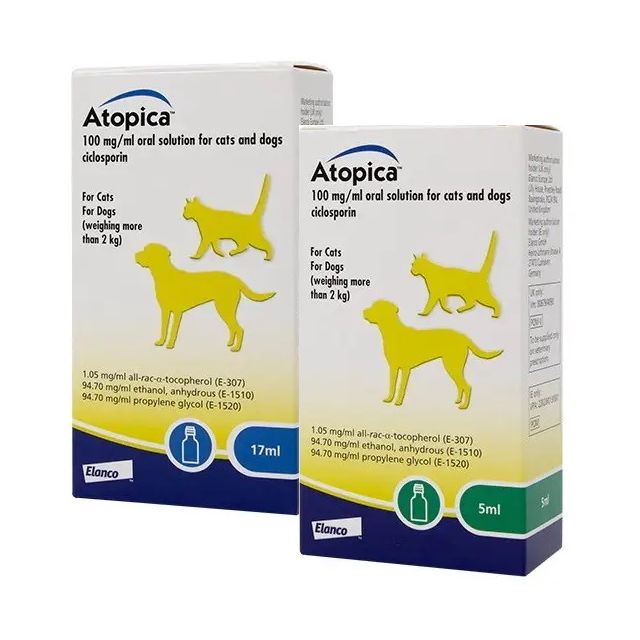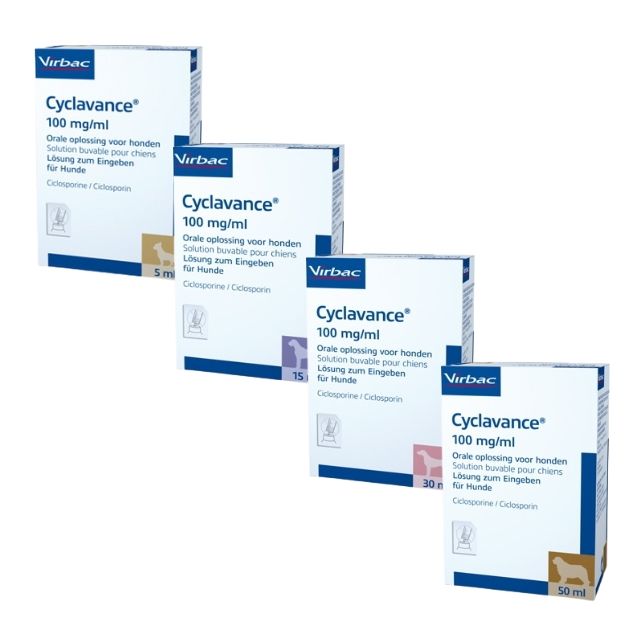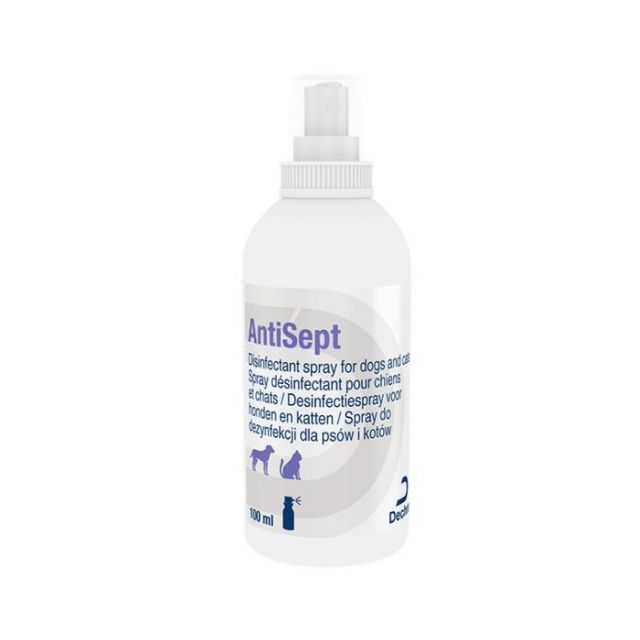Anti-inflammatories for the cat
Inflammations can manifest in very different ways and occur throughout the body. The treatment of inflammation, of course, depends on the exact cause, but very often anti-inflammatories are used. Once the cause of the inflammation has been established, Pharmacy4pets is happy to help alleviate your cat's problems.
What is inflammation?
An inflammation is the body's response to 'things that according to the body shouldn't be there,' such as bacteria, trauma, irritating plants, a splinter, or certain foods. An inflammatory reaction against one's own body is called an autoimmune reaction.
Inflammation or infection?
The words inflammation and infection are often used interchangeably. An inflammation can be accompanied by an infection with viruses, bacteria, fungi, or parasites (as is often the case with ear inflammations and diarrhea), but this is not necessary. For example, bacteria are usually not found in the urine of young cats with a bladder inflammation; the inflammation is 'sterile'. Conversely, an infection almost always involves inflammation: the body wants to repel the invaders, and an inflammatory response occurs.
Symptoms of inflammation in a cat
The five characteristics of inflammation are redness, swelling, pain, warmth, and loss of function. The actual symptoms, of course, depend on the location, cause, and severity of the inflammation. Sometimes the only symptom is a small red bump, such as after a tick bite, while the cat can be seriously ill in the case of inflammation of the bile ducts, liver or pancreas. With a food hypersensitivity or flea allergy, the cat will mainly have itching.
The treatment of inflammation
The treatment of inflammations strongly depends on the severity of the symptoms, the location, and the type of inflammation. Often, inflammations are treated with painkillers and/or anti-inflammatories.
Anti-inflammatories
There are various types of anti-inflammatories, each suppressing inflammation in a different way. Anti-inflammatories can only be prescribed by a veterinarian after clinical examination and are therefore not available without a prescription. There are different types of anti-inflammatories suitable for cats.
NSAIDs: dual action
By far the most commonly used anti-inflammatory is the NSAID, the non-steroidal anti-inflammatory drug. NSAIDs are also widely used as pain relievers. In addition to relieving pain, an NSAID also very effectively inhibits inflammation. Since pain is one of the five characteristics of inflammation, using an NSAID kills two birds with one stone. NSAIDs are often given by injection by the veterinarian but are also available as a tasty liquid and in tablet form. NSAIDs have fewer side effects than other anti-inflammatories.
Corticosteroids: a sledgehammer?
Corticosteroids are very strong anti-inflammatories. In many conditions, corticosteroids are indispensable, even lifesaving, but they are now used much less than before, as safer alternatives are available. Corticosteroids have many side effects. They suppress not only inflammation but also the immune response. This is precisely the intention in autoimmune diseases and allergies but, for example, also increases the risk of infections. Long-term use of corticosteroids significantly increases the risk of diabetes. Corticosteroids can also be administered locally, for example, as a cream for skin inflammations, eyes, and ears or via inhalation for asthmatic bronchitis. Administered locally, they have far fewer side effects.
Other anti-inflammatories
Besides corticosteroids, there are also other options in liquid form for a safer long-term treatment of inflammations.
Supportive measures for inflammation
In addition to using anti-inflammatories, other measures can be useful. Depending on the location and symptoms of the inflammation, specific treatment is advised. In some cases, surgery (for example, for uterine inflammation) or blood transfusion is necessary. With concurrent infections, antibiotics are often used. Monthly flea control is then the most important measure to keep a cat itch-free in case of flea allergy.
A disinfectant spray such as Antisept disinfectant spray helps fight local inflammation and skin infection. Honey is also widely used for this purpose. Vetramil honey ointment can soothe and support the healing skin.
EPA and DHA are omega-3 fatty acids from fish oil. Their usefulness as support in various inflammatory processes has been extensively proven. Catoils Vital, Megaderm, and Seraquin Omega contain a high level of EPA and DHA.
In inflammations, the immune system is involved. It has been shown that the bacteria in the gut play a very important role in the immune response. With probiotics such as Purina Pro Plan Fortiflora, the cat's resistance can be supported.
Pharmacy4pets is happy to help your cat with inflammation with prescription medication, caring ointment, and supportive dietary supplements. If you have a question about our products or about inflammation in your cat, please contact us.

